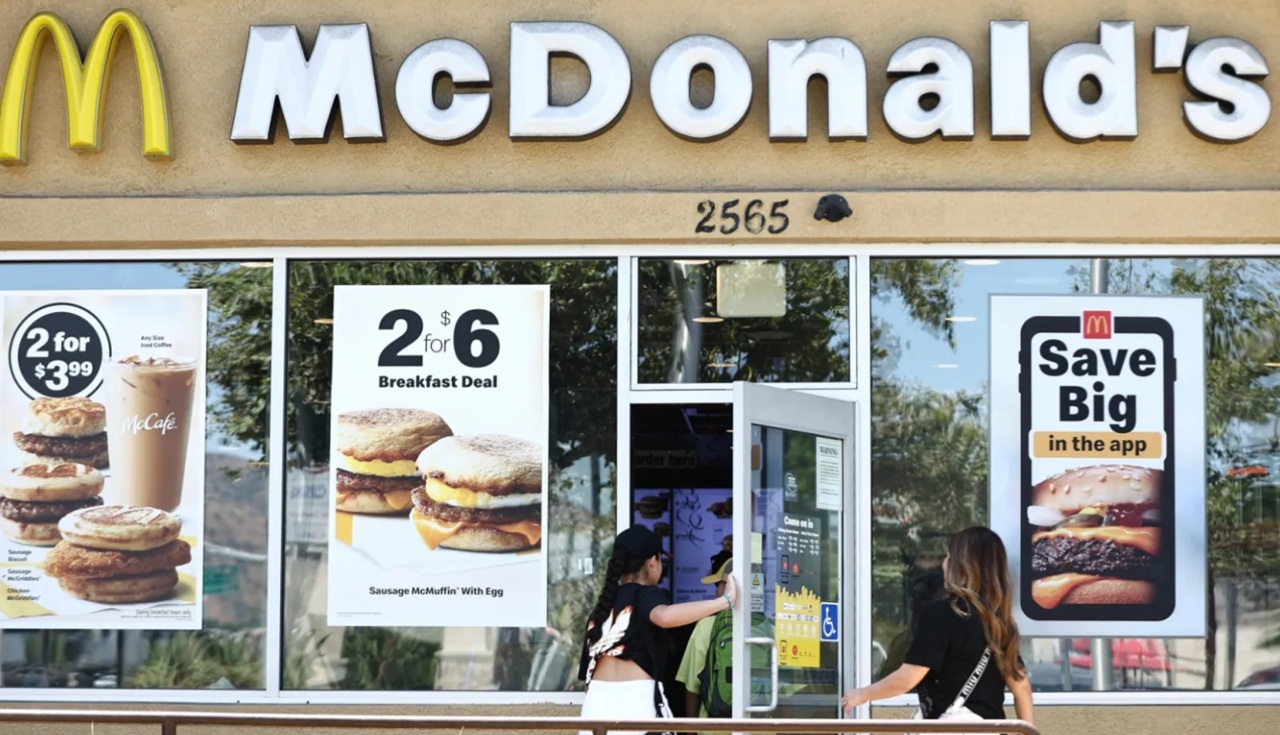When Hollywood star Sarah Jessica Parker recently addressed the idea of work-life balance, she did so with surprising reluctance. In her view, discussing her own balancing act is not just unhelpful — it’s potentially oblivious. Rather than present her experience as aspirational, Parker framed it as a privilege others cannot access.
Rejecting the “balance” narrative
In an interview for the October issue of Hello magazine, Parker admitted she feels “peculiar and uncomfortable” when asked about balancing career and family. She stated that the typical discourse around “work-life balance” can inadvertently erase the very real struggles of countless parents who juggle multiple jobs, lack childcare support, and lack safety nets. Her intent is not to diminish her own challenges, but to avoid making her experience seem universal or representative.
Parker argued that comparing her life to that of everyday working parents amounts to an unfair equation. Her resources, schedule flexibility, and support systems put her in a very different position than many. She prefers not to frame her experience as a blueprint for others.
The emotional weight behind privilege
Still, Parker did not deny the emotional burden. She confessed that missing family moments (“pretty lousy” ones, in her words) stings — even when the choices are conscious. There is no perfect formula, she hinted, only trade-offs and compromises.
At times, she cherishes the luxury of simplicity: being home for dinner, participating in daily routines when she can. But those moments shift when filming or traveling, and Parker acknowledged the strain those absences bring. Her candor underscores a tension: how do you honor the demands of a high-profile career without overselling its manageability?
Celebrity parenthood vs real life
What makes Parker’s stance compelling is how it contrasts with many celebrity narratives about parenting. Where others might tout a “perfect morning routine” or stylized productivity hacks, Parker pushes back against presenting a polished life. Instead, she invites complexity and empathy.
In rejecting the balance conversation, she directs attention to structural issues: childcare deserts, rigid workloads, financial insecurity, and lack of social support. For most working families, these are the real constraints — not clever scheduling or smartphone apps.
Why her refusal matters
Her refusal is more than a celebrity quirk; it has symbolic ramifications. As a person with influence, Parker’s choice signals that we should question the assumptions behind glowing success stories. Just because someone appears balanced doesn’t mean they’ve resolved underlying inequalities.
By declining to lean into the “master of all roles” narrative, she resists adding pressure or setting an unrealistic standard. That, in itself, is an act of humility and respect for those in tougher circumstances.
Beyond balance: what she does share
Though she declines to frame her life around balance, Parker remains candid about her approach to parenting and wealth. In a recent conversation, she revealed that she doesn’t lavish her teenage daughters with unlimited spending money. Instead, she expects them to earn and value what they have — for example, having them thrift and use income from summer jobs. (Her daughters reportedly don’t even get an allowance for clothes.)
This teaches perspective: wealth does not absolve responsibility. Even amid privilege, Parker appears intent on grounding her children in accountability and respect.
The broader conversation we need
What can everyday readers take away from Parker’s comments? First, it’s a reminder that discourse around “balance” can sometimes exoticize or sanitize the real challenges people face. Second, her stance challenges us to redefine success not by polished achievement, but by sustainability and honesty.
If nothing else, Parker’s refusal nudges us to question: Why do we expect individuals — especially women — to juggle without fracture? And what if we shifted the conversation toward collective support systems rather than individual strategies?
In a society where many parents juggle intense pressures without much support, Parker’s silence on the matter may speak louder than any prescriptive playbook.














